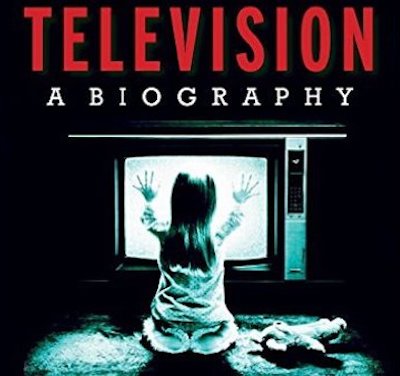
Thomson primarily covers TV in America, though he also discusses BBC comedies and documentaries. Of the programmes themselves, his highlights include The Wire ("a critical reputation that is still unsurpassed") and Breaking Bad ("may be close to "masterpiece" status"). The book is certainly up-to-date (including the downfall of Bill Cosby: "his career is finished, for his reputation and role model have been destroyed"), though Netflix's groundbreaking distribution model for House Of Cards is barely mentioned.
"I came to television from movies," Thomson explains, and there are film references throughout the book; even the cover photograph is from a movie (Poltergeist). His previous books include A Biographical Dictionary Of Film, Have You Seen...?, Moments That Made The Movies, and The Moment Of Psycho. (Television: An International History, edited by Anthony Smith, is a global survey of TV history.)
